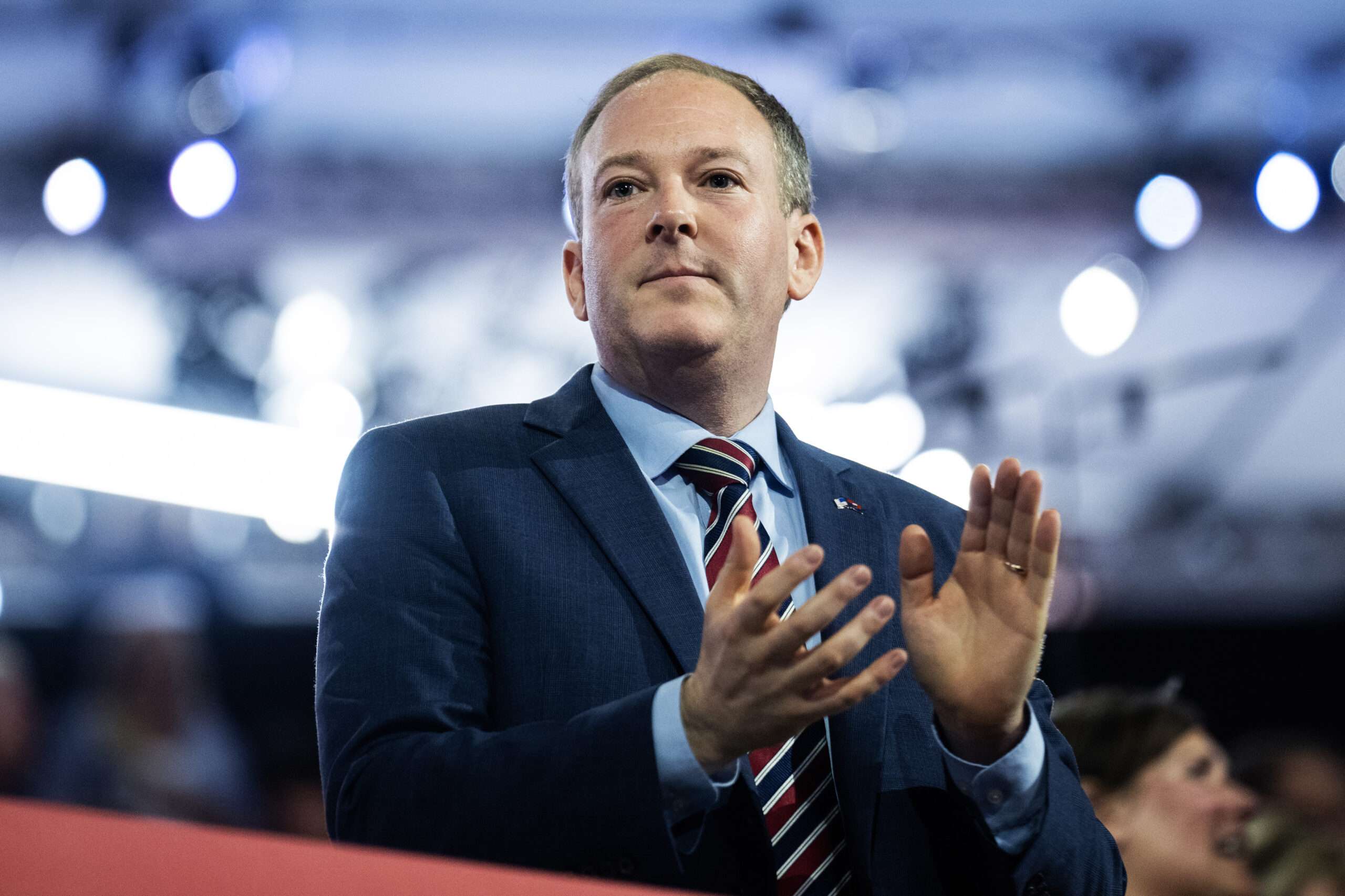Trump’s Upcoming EPA Administrator: A Lawyer, Not an Environmental Advocate
In a surprising move, President-elect Donald Trump has chosen former Rep. Lee Zeldin (R–N.Y.) to lead the Environmental Protection Agency (EPA) in his upcoming administration. This decision has taken many observers by surprise, particularly as many had anticipated Andrew Wheeler, Trump’s previous EPA administrator, to be reappointed. Although Zeldin may not be a recognized expert in energy and environmental policy, his appointment may signify an opportunity to bring a fresh outlook to the EPA, which has often been criticized for exceeding its statutory authority. The recent Supreme Court ruling that struck down the Chevron doctrine—an established precedent that previously allowed courts to defer to agencies’ interpretations of vague laws—could further empower Zeldin to limit the EPA’s reach, obligating the agency to operate strictly within the legislative framework established by Congress.
The implications of Zeldin’s leadership could be significant as the Biden administration’s greenhouse gas regulations face scrutiny. Chief among these is a newly finalized rule requiring coal plants (excluding those expected to close by 2032) and new natural gas turbines to capture 90% of their greenhouse gas emissions by the end of the same year. Critics, including David Kemp from the Cato Institute, argue that the costs associated with the compliance of this regulation will surpass any perceived environmental benefits. As this rule is being challenged in court, Zeldin’s expertise in governance and legal matters will be essential in navigating through this regulatory landscape, ensuring that any modifications made to prior regulations align with legal standards in light of the Chevron ruling.
Additionally, the EPA’s recent initiatives have often appeared to cater to politically favored technologies, leading to increased regulatory burdens that can drive up costs for consumers—particularly for lower-income families. One notable example is the stringent tailpipe emissions rule instituted in March, which essentially serves as a de facto ban on internal combustion engines. Such regulatory mandates remove consumer choice, forcing drivers to consider electric vehicles, increasing overall expenses without ensuring widespread acceptance or efficacy. Simultaneously, the Greenhouse Gas Reduction Fund established under the Inflation Reduction Act provides the EPA with $27 billion to distribute to nonprofits and state governments for environmentally-focused projects, a program that has been criticized as redundant and susceptible to fraud.
The regulatory climate in Washington has seen a pattern resembling “regulatory ping-pong,” leading to uncertainty for businesses and expanding the lobbying power within the capital. This persistent shifting underscores the necessity for Congress to regain control over regulatory authorities rather than allowing agencies to grow unchecked. Zeldin’s ascendancy to the EPA could reflect a potential shift toward reducing federal overreach and fostering a more balanced approach to environmental regulation, aligning more closely with state and local capabilities while addressing environmental needs.
While Zeldin served in Congress, his legislative focus revolved primarily around international affairs and national defense, despite some notable stances on energy policy, such as supporting the repeal of the Renewable Fuel Standard. This particular program has been criticized for its adverse impacts on gas prices, food markets, and environmental conditions. As a gubernatorial candidate in New York, Zeldin advocated for an “all of the above” energy strategy, emphasizing natural gas and nuclear power, despite New York’s existing restrictions against hydraulic fracking and certain nuclear operations.
The overarching discourse surrounding Zeldin’s appointment to the EPA raises the question of how to recalibrate the agency’s role in environmental governance. Zeldin’s commitment to “slash the red tape” that may inhibit economic mobility resonates with broader calls for reform within the EPA. The challenge now lies in navigating the delicate balance between fostering economic development and ensuring environmental protection. By striving to limit the federal government’s reach and enhance collaboration with state and local entities, Zeldin could play a crucial role in reshaping the agency’s mission to better serve American communities and taxpayers while pursuing sustainable environmental practices.
Share this content:












Post Comment